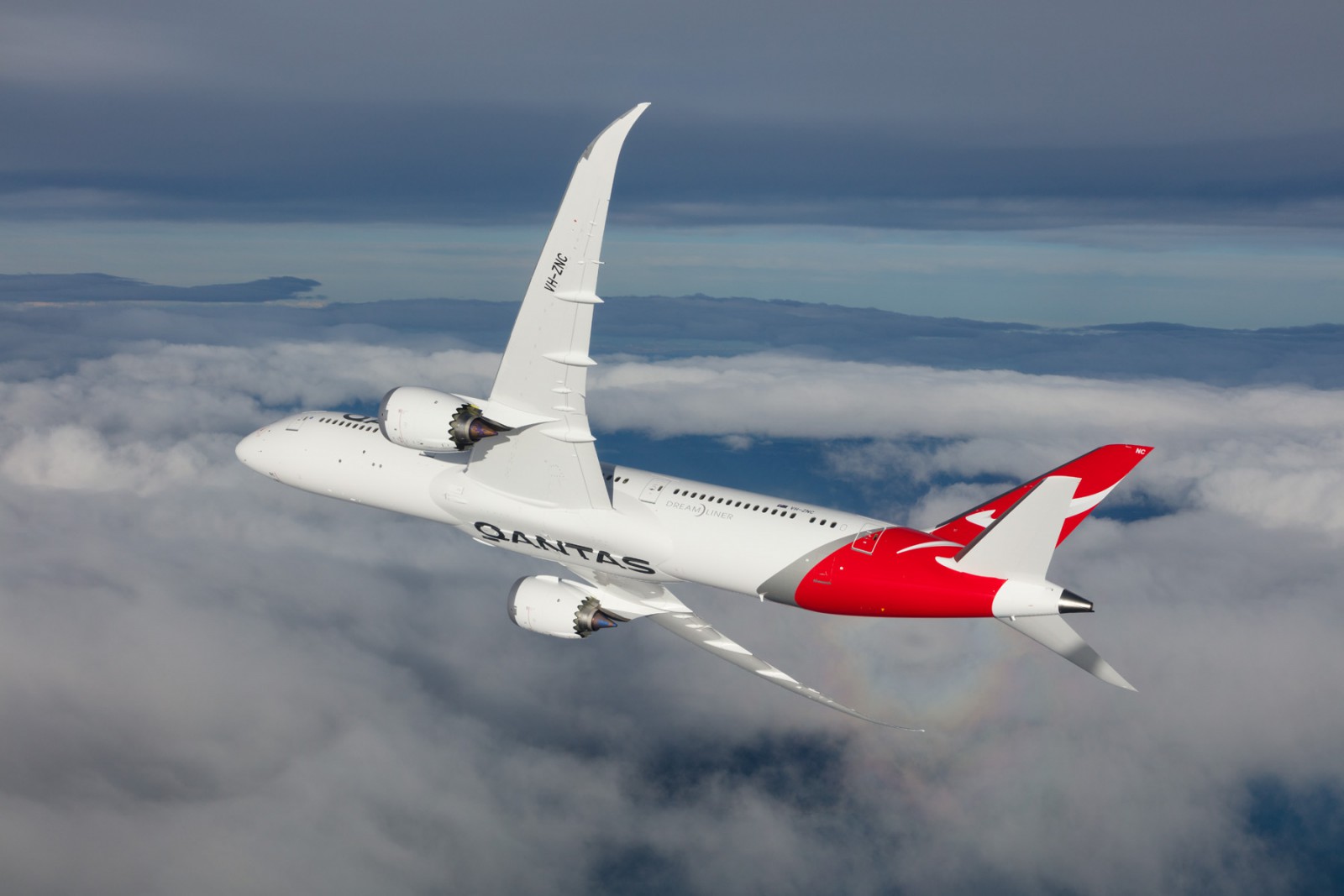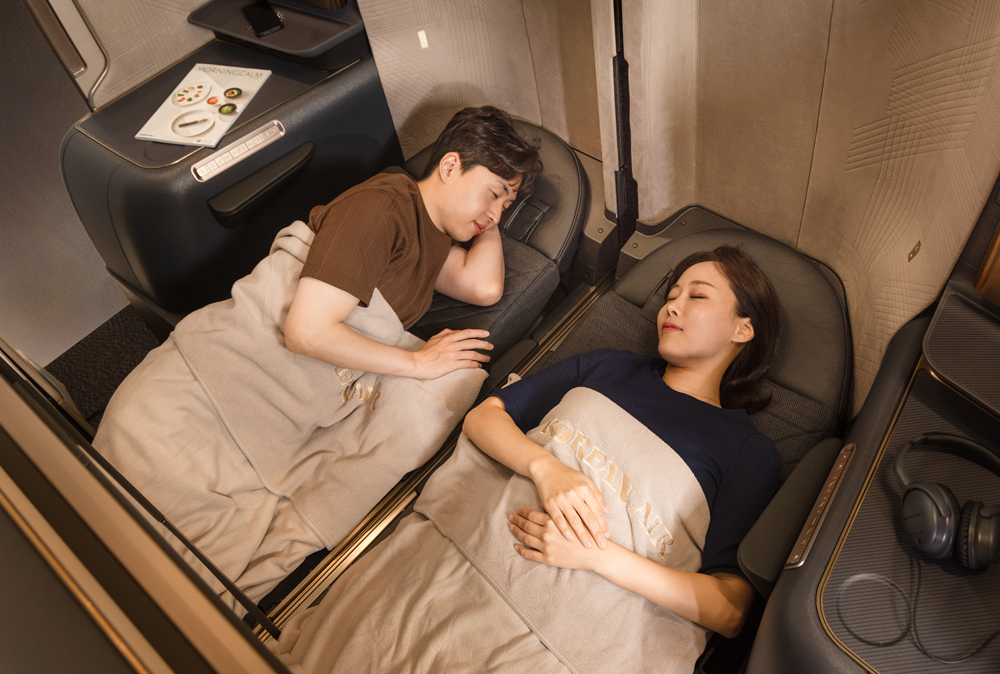Qantas to ditch paper boarding passes, offers points for carbon offset
21 February, 2019
2 min read


Qantas will offer frequent flyer points to people who offset their carbon emissions as part of an environmental push that aims to end paper boarding passes and remove 100 million single-use plastic items annually.
Qantas Group chief executive Alan Joyce the initiative at the airline’s interim results Thursday in what he labeled a “step change” in the airline’s environmental approach.
READ: Qantas sees fall in interim profits but tips a strong finish to the year
Qantas has one of the airline industry’s most successful carbon offset programs and was an early adopter of the concept.
Joyce said the initiative to award frequent flyer points was aimed at increasing the take-up of the scheme.
“So, on a flight like Melbourne to London, which you would need to pay $A51 to offset your carbon emissions, we’ll give you 510 points if you do that,’’ he said.
“Currently, we’ve the largest carbon offset program of any airline in the world and we want to make that better.”
The airline has also set itself a target of reducing electricity use by almost 20 percent by 2020 and, like many airlines, wants to significantly reduce its landfill.
“In the process of carrying 50 million people, we generate some 30,000 tonnes of waste in Australia each year,’’Joyce said. “That’s the same weight as about eighty 747s.
“Across Qantas, QantasLink and Jetstar we want to reduce our waste to landfill by 75 percent and remove 100 million single-use plastic items per annum.
“And we’ll do this by the end of 2021.”
The Qantas boss said this was the highest waste reduction target set by any airline in the world and went well beyond the recent European Union ban on single-use plastics in terms of scope and speed.
“Our coffee cups will be recycled, some 21 million of them,’’ he said.
“Our boarding passes and crew manuals will be replaced with paper-free alternatives. Even plastic frequent flyer cards are going digital.”
Joyce said reducing waste wasn’t just the right thing to do but was good for business.
“It will take time, but we’re already starting – and we’ll be asking our industry, regulators, customers and our people to help,’’ he said.
Next Article
2 min read
Qantas triples profit but misses mark

Get the latest news and updates straight to your inbox
No spam, no hassle, no fuss, just airline news direct to you.
By joining our newsletter, you agree to our Privacy Policy
Find us on social media
Comments
No comments yet, be the first to write one.
